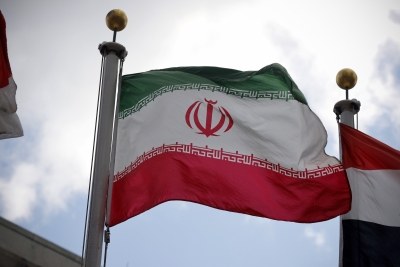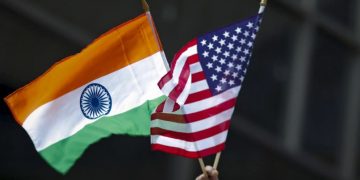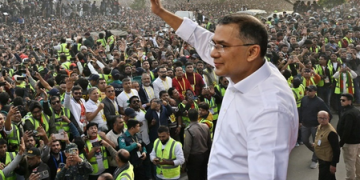It kind of seems stupid on the part of anyone who expects any change of attitude in the hearts of rulers of Moslem nations anywhere. For instance, Iran witnessed a rare solidarity among its people in the face of the recent bombardment and missile attacks by the US Air Force and Israeli IDF. The opponents of the theocratic regime had been clamouring for democracy and free speech for the past few decades, erupting in frequent protests defying brutal crackdown. But they buried their animosity against the rulers and joined them in the fight against the US-Israel forces. There was some expectation that the rulers would return the gesture by toning down their repression of critics and try to find a common meeting ground to handle domestic problems, including soaring price rise and livelihood crisis. But, the hardline clerics used the war as an alibi to hound out their opponents with even greater ferocity than before and executed two political prisoners—Behrouz Ehsani, 69, and Mehdi Hassani, 48 – recently.
Both were long-time members of the People’s Mojahedin Organisation of Iran (PMOI/MEK), a left-wing outfit branded as terrorists. They had been imprisoned since 2022. Subjected to brutal torture and convicted through a sham trial, the two men were charged with “baghi” (anti-national and armed rebel) and “membership in the Mojahedin.” Their only real crime, however, was opposing the ruling dictatorship. This calculated act of violence, ordered by Supreme Leader Ali Khamenei, was meant to serve as a warning to Iran’s restive population and the growing network of Resistance Units. However, instead of bringing the people to their knees, the execution has triggered a powerful backlash.
The UN says over 600 people in Iran have been judicially murdered so far this year and slams Iran for having more executions per capita than any country in the world. Since June’s US and Israeli attacks, growing numbers of victims are political dissidents. This shows nothing remotely positive has resulted from the bombing raids and missile strikes mounted by US President Donald Trump and Israel’s Prime Minister Benjamin Netanyahu, despite their boasts of world-changing success. Iran’s nuclear facilities were not “obliterated,” as Trump claimed. Nor has Tehran given up its uranium enrichment programme. On the contrary, Ayatollah Ali Khamenei is even more defiant as displayed by new crackdowns on opponents since the attacks. Ehsani and Hassani had allegedly been tortured, forced to sign confessions and sentenced last year after a five-minute trial.
Also Read: The CSS Crisis
The decision to execute them now, as Amnesty International says, highlights the authorities’ ruthless use of the death penalty as a tool of political repression in times of national crisis to crush dissent and spread fear. In fact, hundreds have been arrested since June by the regime on the specious plea of exposing spies and collaborators, real or imagined. It is evident that glaring intelligence failures of the rulers of Iran had allowed Israel to locate and bomb a national security council meeting, injuring Iran’s President Masoud Pezeshkian. But that has given the regime to officially blame supposed fifth columnists for the security breach and resume crackdown on its critics with renewed vigour. Iran’s parliament reportedly wants to expand the use of capital punishment. About 60 political prisoners face execution. The mood of the people opposing the regime is that they want to taste freedom and oppose all forms of repression by either the present rulers – the mullahs – or the past autocrats – the Shahs. In his last message, Ehsani said, “I will not bargain with anyone over my life and am ready to sacrifice my life for the cause of the liberation of the Iranian people.” The words are resonating with a large number of Iranians. This path of the Iranian regime clearly shows the direction that other Moslems leaders will be tempted to follow, no matter which soil they are living on.






































